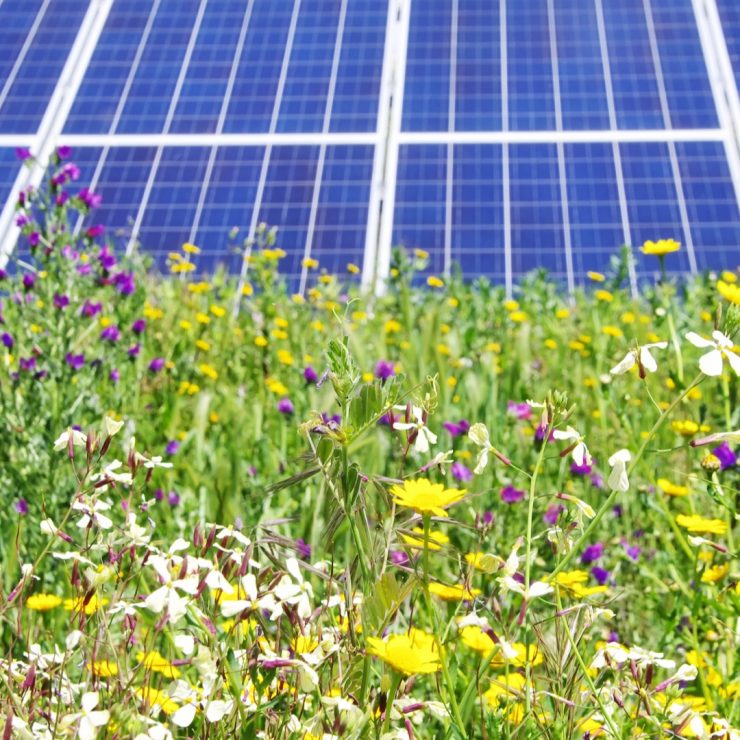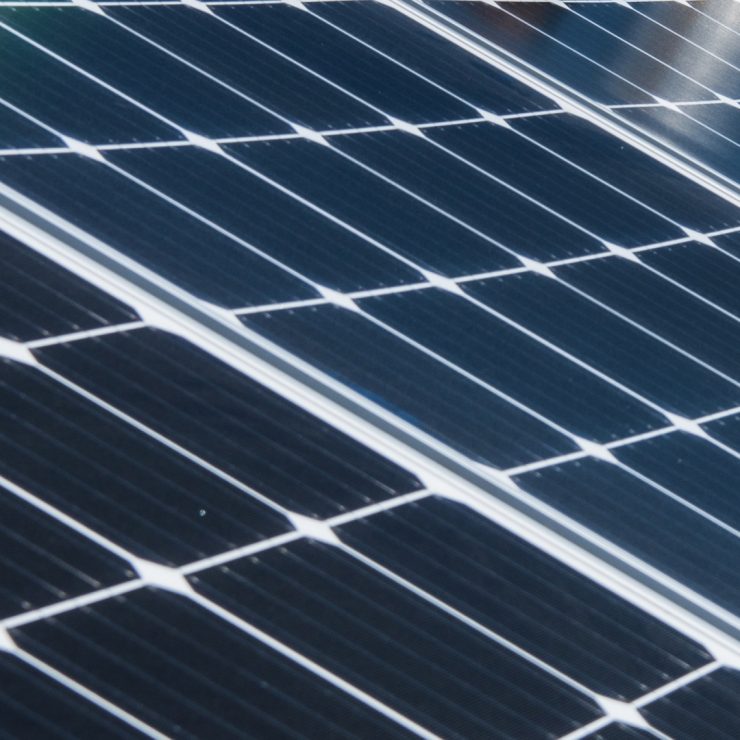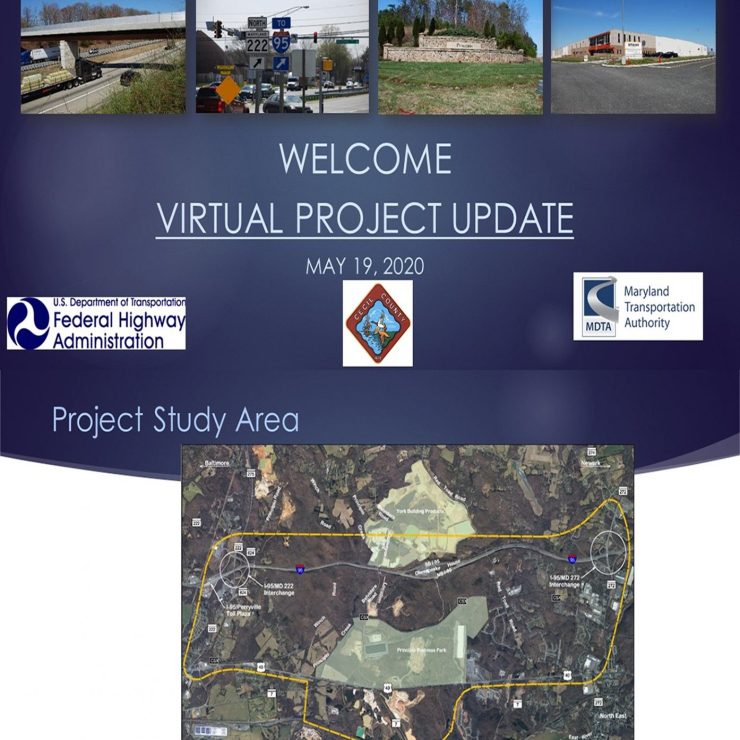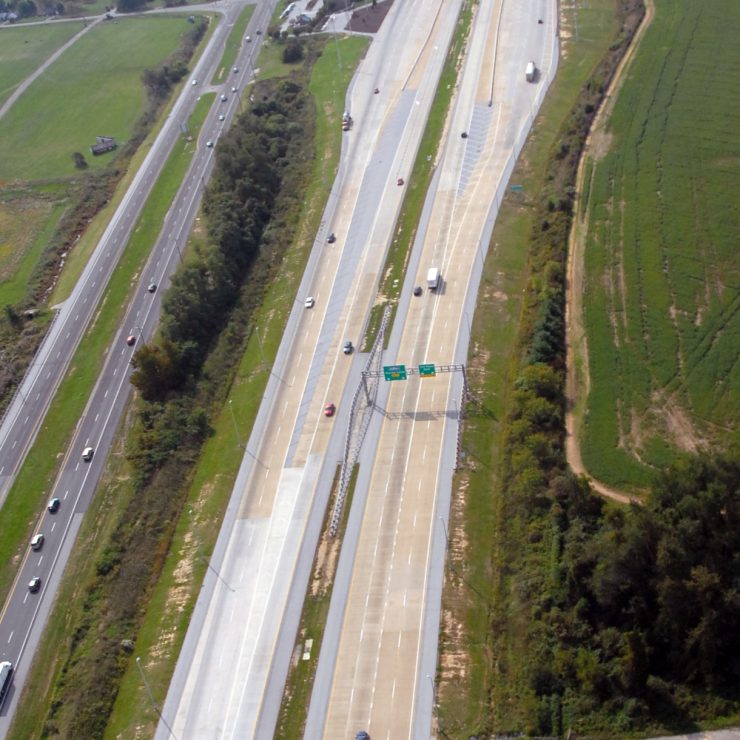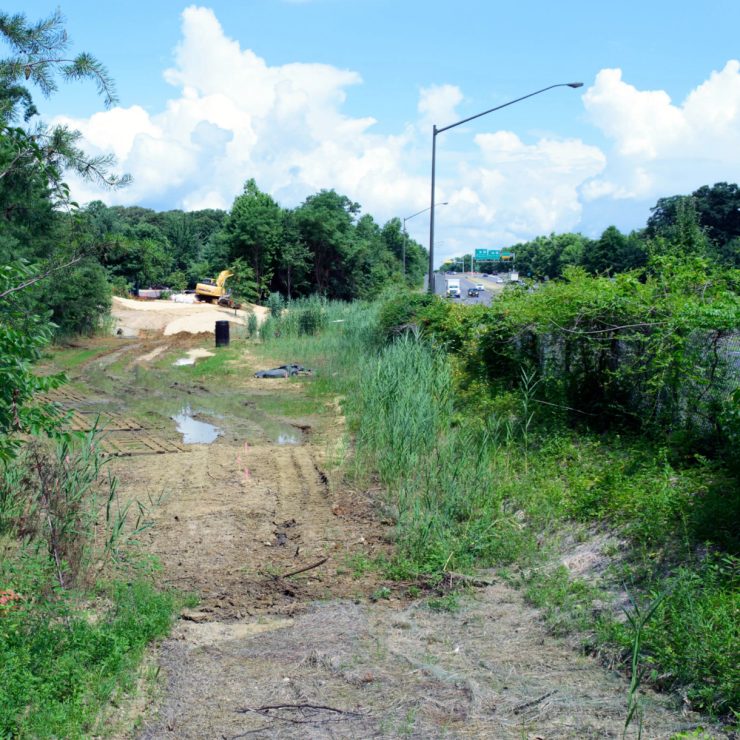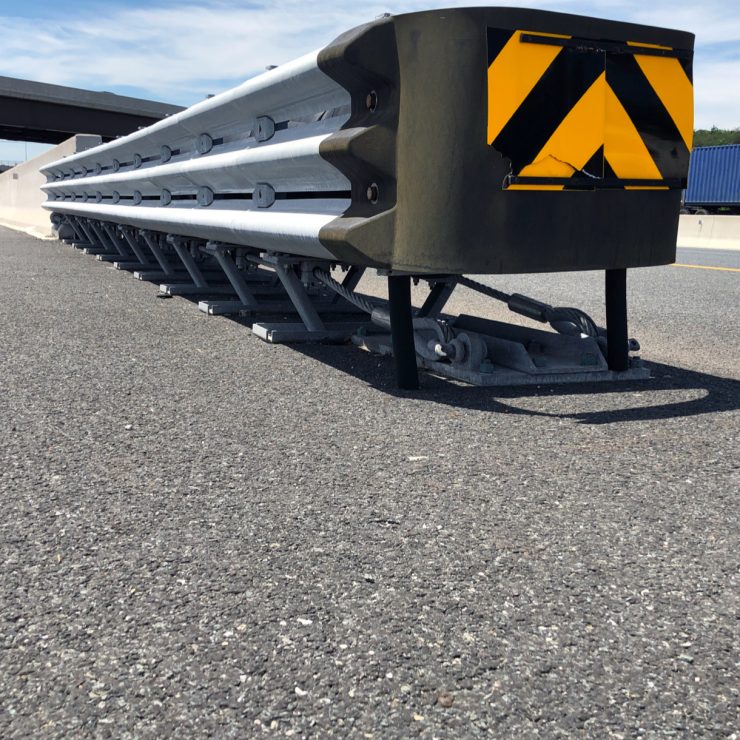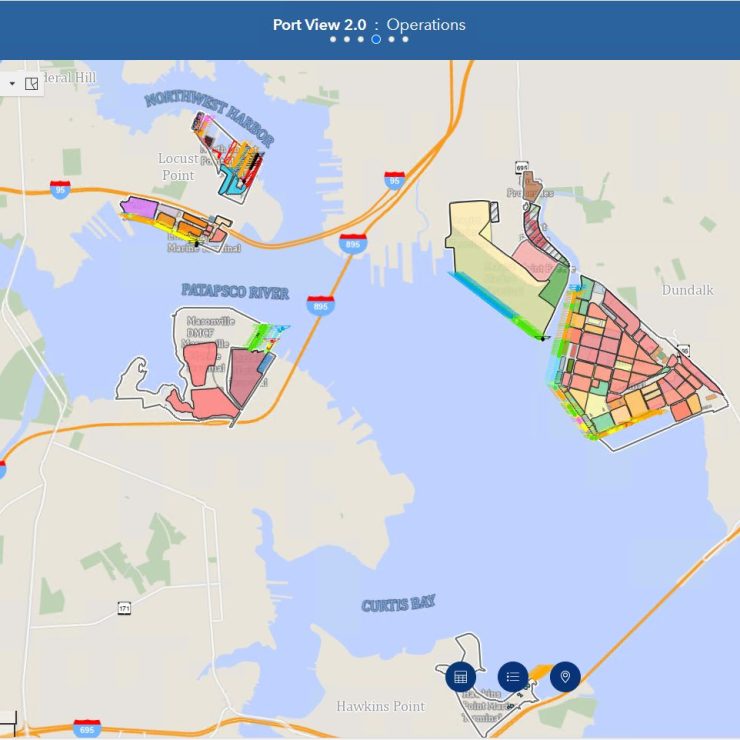Our Approach
Straughan scientists and water resources engineers conducted a literature review and summarized findings toward developing an innovative TMDL BMP based on the combined water quality and ecosystem benefits of native meadow, restored soil, and solar applications. MDOT requested Straughan’s support in demonstrating the feasibility of designing solar energy-focused holistic ecosystems on unimproved MDOT land to generate TMDL credit and maximize MDOT’s solar capabilities. To support this goal, Straughan reviewed published documentation related to holistic ecosystem/solar-based design elements, targeting native grass and pollinator plant species and their variable capacities for pollution uptake, sediment retention, and run-off infiltration; and, water quality benefits of solar energy applications, including methods of capturing solar panel run-off.
Straughan produced a HEEP Study report that outlined the Chesapeake Bay Program’s process for developing TMDL BMPs and MDE’s process for incorporating BMPs into the MS4 permit process for MDOT and other permittees. Straughan reviewed over 100 sources to documented responses to the HEEP study questions. Straughan also identified a feasible path forward for MDOT to achieve the goals of the HEEP through pursuit of proposed BMPs for conservation landscaping and soil restoration, both of which are compatible with solar energy installations.
